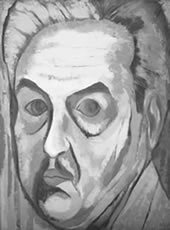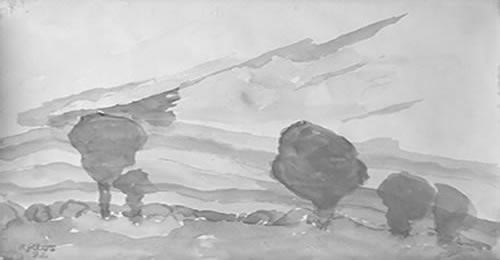EL
OFICIO DE PENSAR
Visiones y papeles de Pierre Bourdieu
Bruno Péquignot y Pierre Tripier
 Grande
ha sido la voluntad de los detractores de Bourdieu por reducir
su obra a algunos de sus rasgos mientras que sus más
fieles discípulos le atribuyen el descubrimiento
de una parte de las concepciones que la sociología
había acumulado antes de que estuviera en edad de
escribir y de discurrir. Buscando reconocer sus más
importantes aportaciones, los autores de este ensayo repasan
brevemente los momentos y las partes más importantes
de su vasta y evolutiva obra. Destacan las nociones de violencia
simbólica, habitus, campo y capital que emplea para
estudiar y explicar las relaciones de poder y su legitimidad
en una situación social determinada. Ilustran su
tarea como editor y traductor desde Ediciones de Minuit,
y como investigador de la situación de los medios
populares en Francia que dará por resultado la publicación
de la obra colectiva La Misère du Monde, en la cual
introduce varias innovaciones metodológicas. Grande
ha sido la voluntad de los detractores de Bourdieu por reducir
su obra a algunos de sus rasgos mientras que sus más
fieles discípulos le atribuyen el descubrimiento
de una parte de las concepciones que la sociología
había acumulado antes de que estuviera en edad de
escribir y de discurrir. Buscando reconocer sus más
importantes aportaciones, los autores de este ensayo repasan
brevemente los momentos y las partes más importantes
de su vasta y evolutiva obra. Destacan las nociones de violencia
simbólica, habitus, campo y capital que emplea para
estudiar y explicar las relaciones de poder y su legitimidad
en una situación social determinada. Ilustran su
tarea como editor y traductor desde Ediciones de Minuit,
y como investigador de la situación de los medios
populares en Francia que dará por resultado la publicación
de la obra colectiva La Misère du Monde, en la cual
introduce varias innovaciones metodológicas.
Al
final abordan la fundación de su laboratorio de investigación,
de donde surgirán muchas generaciones de adeptos
a este extraordinario personaje, que quiso tener todos los
papeles, del filósofo al sabio y al anunciador de
futuras desgracias.
THE
OCCUPATION OF THINKING
Visions and papers of Pierre Bourdieu
Bruno Péquignot and Pierre Tripier
At
a considerable effort, Bourdieu’s detractors have tried
to reduce his work to only a few features, while his most
loyal followers attribute to him the discovery of a portion
of the conceptions that sociology accumulated before it
became of age to be able to write and reflect. In their
pursuit to recognize his most important contributions, the
authors of this paper go over a brief review of the highlights
in Bourdieu’s vast and evolutionary work. Outstanding
among these are the notions of symbolic violence, habitus,
field, and capital; which he uses to study and explain power
relations and their legitimacy in a specific social situation.
They illustrate Bourdieu’s work as editor and translator
at Minuit Editions, and as researcher of the status of the
popular media in France that would later result in the publication
of the collective work La Misère du Monde, where
he introduced a number of innovations in methodology. They
close with a discussion concerning to the foundation of
his research laboratory, where will emerge many generations
of followers of this extraordinary person, who wanted play
multiple roles as philosopher, sage, and forecaster of misfortunes.

|